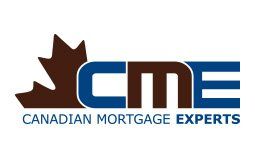What Will Mortgage Financing Look Like In 2021?
DLC Canadian Mortgage Experts • November 3, 2020

There is no doubt that 2020 was one for the books. It will be remembered as a year like no other. COVID-19 has caused significant national economic disruption, to say the least. While we’ve seen government intervention, record unemployment, mortgage payment deferrals, record low-interest rates, we’ve also seen continued growth in the housing market.
So what can we expect as we complete the final quarter in 2020 and move into 2021? Well, low interest rates and increased scrutiny on all mortgage applications are most likely in the cards.
Low interest rates
Right now, both fixed and variable rate mortgage rates are at all-time lows. The cost to borrow money for a mortgage has never been cheaper. According to the Bank of Canada, we can expect them to stay low for the foreseeable future. “Interest rates are very low, and they are going to be there for a long time. Canadians and Canadian businesses are facing an unusual amount of uncertainty, so we have been unusually clear about the future path for interest rates.”
And while low interest rates are a good thing for financing property now, unfortunately, they won’t be as easy to access as in previous years.
More scrutiny on mortgage applications
While we don’t expect lender or insurer guidelines to change much in the coming months, securing mortgage financing in a post-COVID economy has already proven to be harder as lenders apply increased scrutiny to each application. Every mortgage application is being looked at more deeply, and additional documentation is being requested to substantiate your application. Lenders are being more cautious about who they’re lending money to.
If you’re self-employed or rely on overtime, bonuses, or picking up additional shifts to make ends meet, securing a mortgage is going to be more difficult for you. As lenders look at a 2 year average for employment, if you took a hit to your income in 2020, that will impact you in 2021. Any type of non-guaranteed income will be more scrutinized.
If the pandemic impacted your employment and you deferred any payments (credit card, loan, line of credit, or mortgage), expect to be questioned. Lenders will ask for your story; they will want to know why you had to defer payments and how you are now in a better financial position.
Unfortunately, one of the common complaints about getting a mortgage is that it is very document-intensive. Lenders want to see a lot of supporting documents for every mortgage application. And moving into mortgage financing in 2021, you can expect even more requests for supporting documents.
Have a plan in place
So while the housing market continues to grow and low rates make it a good time to buy, the best way to prepare for increased scrutiny and documentation on your mortgage application is to plan ahead.
If your mortgage is up for renewal, you’d like to refinance, or you’re planning on buying a new property, the best thing to do is to get started immediately. Getting together your documents will take time; having a plan on what that looks like is the way to go.
I would love to have a conversation and outline all your options. If you have any questions, please don’t hesitate to contact any of our Canadian Mortgage Experts anytime!
RECENT POSTS

Did you know there’s a program that allows you to use your RRSP to help come up with your downpayment to buy a home? It’s called the Home Buyer’s Plan (or HBP for short), and it’s made possible by the government of Canada. While the program is pretty straightforward, there are a few things you need to know. Your first home (with some exceptions) To qualify, you need to be buying your first home. However, when you look into the fine print, you find that technically, you must not have owned a home in the last four years or have lived in a house that your spouse owned in the previous four years. Another exception is for those with a disability or those helping someone with a disability. In this case, you can withdraw from an RRSP for a home purchase at any time. You have to pay back the RRSP You have 15 years to pay back the RRSP, and you start the second year after the withdrawal. While you won’t pay any tax on this particular withdrawal, it does come with some conditions. You’ll have to pay back the total amount you withdrew over 15 years. The CRA will send you an HBP Statement of Account every year to advise how much you owe the RRSP that year. Your repayments will not count as contributions as you’ve already received the tax break from those funds. Access to funds The funds you withdraw from the RRSP must have been there for at least 90 days. You can still technically withdraw the money from your RRSP and use it for your down-payment, but it won’t be tax-deductible and won’t be part of the HBP. You can access up to $35,000 individually or $70,00 per couple through the HBP. Please connect anytime if you’d like to know more about the HBP and how it could work for you as you plan your downpayment. It would be a pleasure to work with you.

If you’re new to the home buying process, it’s easy to get confused by some of the terms used. The purpose of this article is to clear up any confusion between the deposit and downpayment. What is a deposit? The deposit is the money included with a purchase contract as a sign of good faith when you offer to purchase a property. It’s the “consideration” that helps make up the contract and binds you to the agreement. Typically, you include a certified cheque or a bank draft that your real estate brokerage holds while negotiations are finalized when you offer to purchase a property. If your offer is accepted, your deposit is held in your Realtor’s trust account. If your offer is accepted and you commit to buying the property, your deposit is transferred to the lawyer’s trust account and included in your downpayment. If you aren’t able to reach an agreement, the deposit is refunded to you. However, if you commit to buying the property and don’t complete the transaction, your deposit could be forfeit to the seller. Your deposit goes ahead of the downpayment but makes up part of the downpayment. The amount you put forward as a deposit when negotiating the terms of a purchase contract is arbitrary, meaning there is no predefined or standard amount. Instead, it’s best to discuss this with your real estate professional as your deposit can be a negotiating factor in and of itself. A larger deposit may give you a better chance of having your offer accepted in a competitive situation. It also puts you on the hook for more if something changes down the line and you cannot complete the purchase. What is a downpayment? Your downpayment refers to the initial payment you make when buying a property through mortgage financing. In Canada, the minimum downpayment amount is 5%, as lenders can only lend up to 95% of the property’s value. Securing mortgage financing with anything less than 20% down is only made possible through mortgage default insurance. You can source your downpayment from your resources, the sale of a property, an RRSP, a gift from a family member, or borrowed funds. Example scenario Let’s say that you are looking to purchase a property worth $400k. You’re planning on making a downpayment of 10% or $40k. When you make the initial offer to buy the property, you put forward $10k as a deposit your real estate brokerage holds in their trust account. If everything checks out with the home inspection and you’re satisfied with financing, you can remove all conditions. Your $10k deposit is transferred to the lawyer’s trust account, where will add the remaining $30k for the downpayment. With your $40k downpayment made, once you sign the mortgage documents and cover the legal and closing costs, the lender will forward the remaining 90% in the form of a mortgage registered to your title, and you have officially purchased the property! If you have any questions about the difference between the deposit and the downpayment or any other mortgage terms, please connect anytime. It would be a pleasure to work with you.

